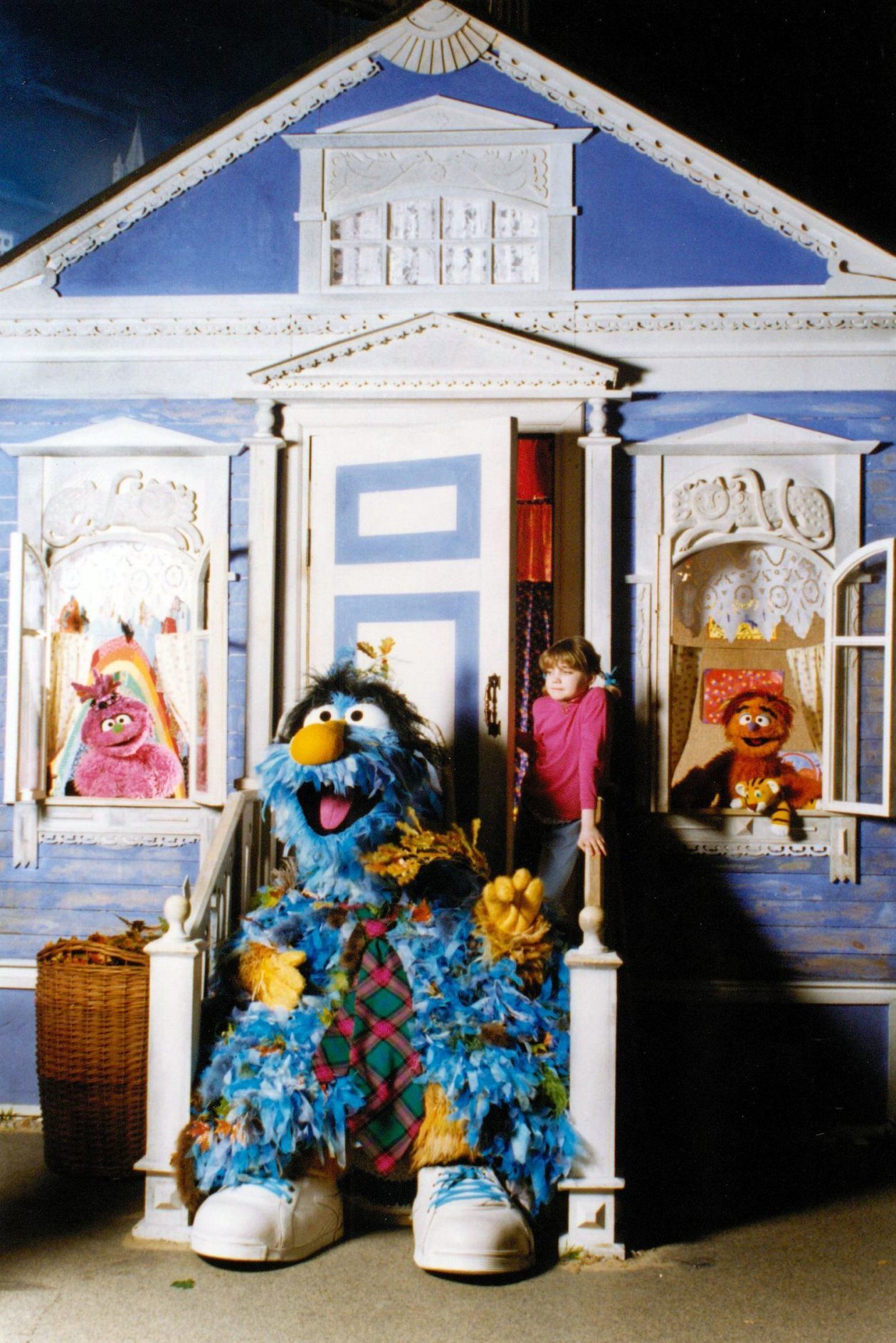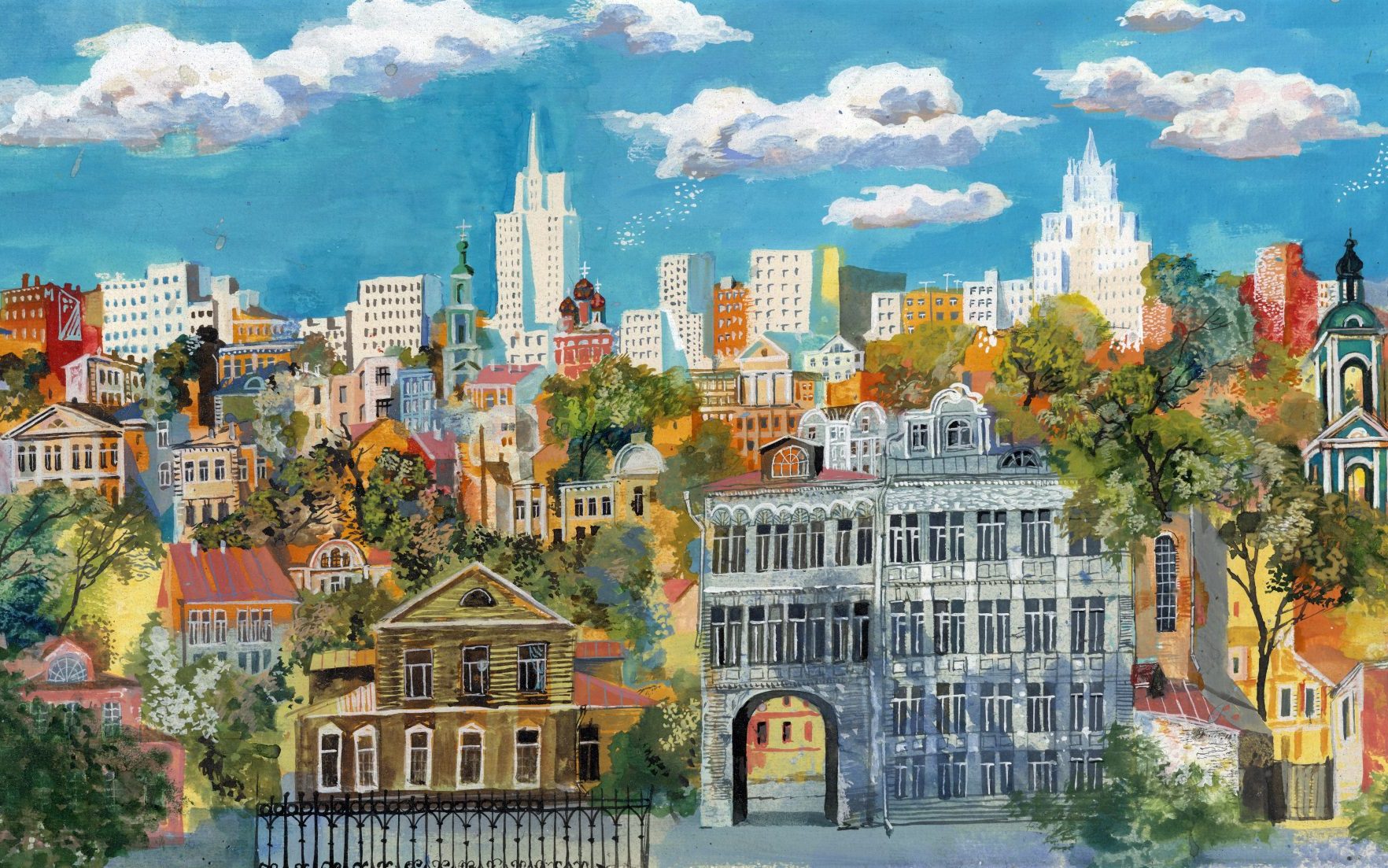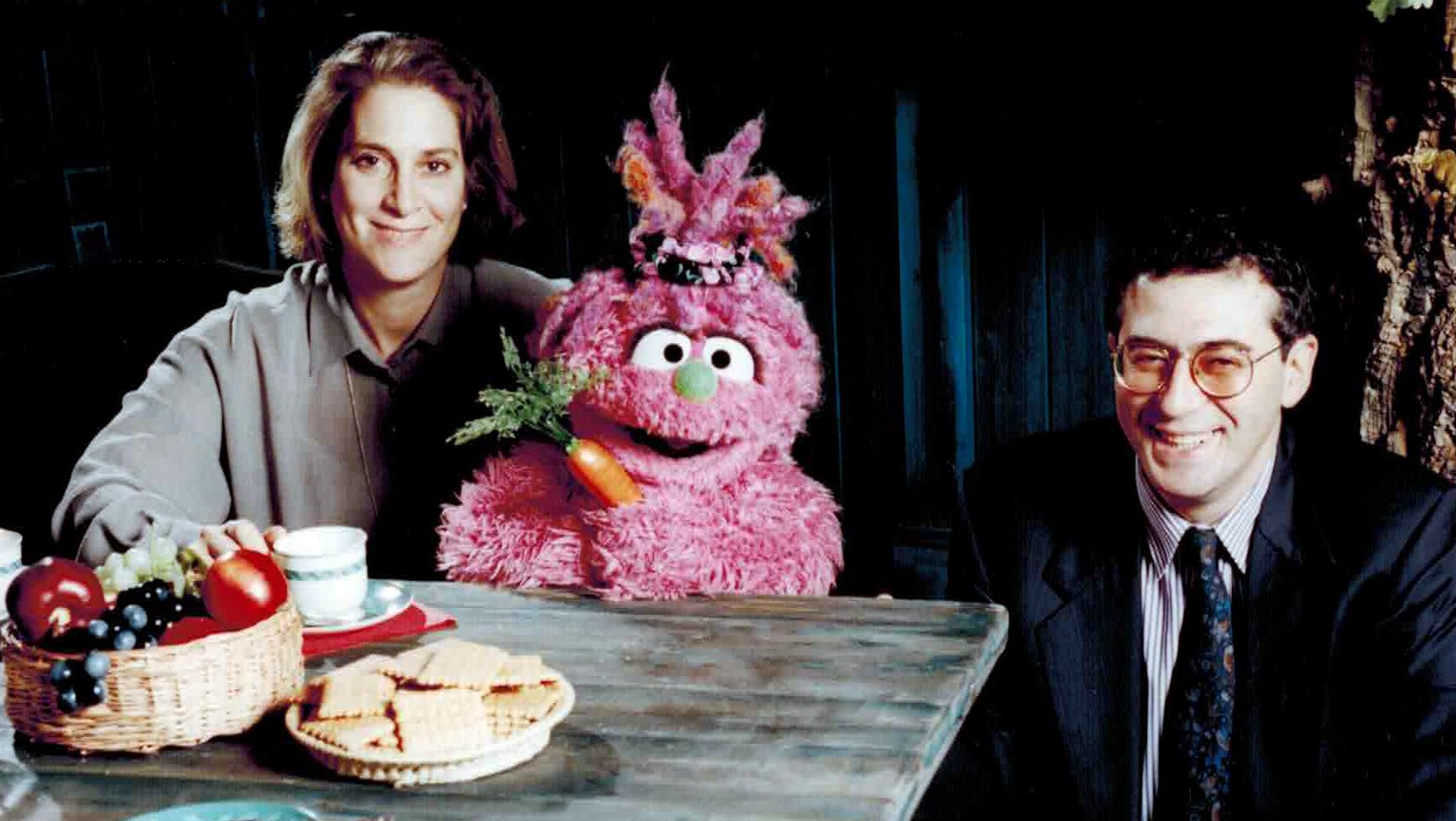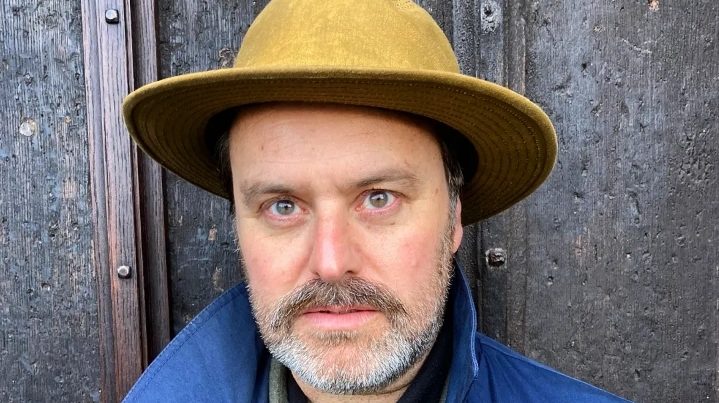“It’s not what you expect when you set out to make a children’s puppet show, that your partners who are matching the funding will be blown up in car bombings,” says Natasha Lance Rogoff, with considerable understatement. “And then your broadcast partner from the largest TV station is assassinated. And then the second head of the TV station is also assassinated. This is not what you think when you sign up to do a children’s puppet show in another country.”
Yet it all did happen when Lance Rogoff, a New York journalist and documentarian who had made TV films in Russia, signed up to tell the former communists how to get to Sesame Street.
In 1992, icons of western culture and commerce were setting up camp beyond a drawn-back Iron Curtain. A plan, supported by a senator from Delaware named Joe Biden, was formed to send the Muppets to Moscow as furry avatars of an era of clean-slate idealism. Ulitsa Sezam would have its own homegrown cuddly characters while retaining the same mix of Muppetry, live actors, songs and cartoons that had captivated and educated young Americans since 1969. The post-Soviet, pre-Putin nation would be encouraged to open itself to investment and ideas from the US, and Russian children and their parents would learn to embrace democracy and free markets, one animated rhyme at a time.
Yet Lance Rogoff soon discovered that this street was controlled by nascent oligarchs, and that anyone planning to make the journey might be wise to check beneath their car before turning the ignition.
In her splendid book Muppets in Moscow, there are echoes of the kind of tale told by her friend Bill Browder in his 2015 memoir Red Notice, a gripping account of American investors taking spectacular risks and making spectacular gains during the mass privatisation free-for-all after the collapse of the USSR.
In Lance Rogoff’s book, we meet a man known as The Sausage King, and also spend time with oligarch Boris Berezovsky, a Big Bird fan whose backing for the programme is curtailed when he is blown up in his Mercedes (Berezovsky survives with severe burns, his chauffeur is decapitated).
“It was a period of incredible instability,” says Lance Rogoff. “There was no strong centralised power, Boris Yeltsin was very weak, and the oligarchs were rising and usurping more power. And what’s fascinating about this time is that it is this period that Putin uses over and over again to justify his increased authoritarianism. He speaks about the 1990s, he speaks about the instability, the violence, the chaos. And it was into this environment that we were trying to make a children’s puppet show. So an utterly absurd landscape to try to do this.”
But Lance Rogoff is frustrated that “every Amazon or Netflix show” about the period “portrays Russians in this cartoonish way, like they were all oligarchs, criminals, prostitutes – it doesn’t ring true with the artists and creators I worked with.”
Neither, she says, was Ulitsa Sezam an act of cultural imperialism; of the capitalist victors imposing its brash TV on a nation in the midst of institutional collapse. “Everybody would say that the Muppets are ambassadors of humanistic values, universal values,” says Lance Rogoff.
“And as you start working in different countries, when you’re talking with people about their hopes for their children… it’s amazing how universal the hopes are around the world. People want their children to have the opportunity to be safe, to be happy.
“When we were talking with the ministry of education initially in Russia, they were seeing a lot of western companies coming in, in a way that was not respectful of their culture. It was really ‘we see this big open market that we can capitalise on’, which is what capitalism does.

“We were coming in with a very different approach, with this idea of creating a new children’s education show that was going to be developed with their own artists and their own education experts. And that would reflect the culture and values of Russia, Ukraine, and other parts of the former Soviet Union. So we had a very different approach.”
This approach was not universally embraced by those chosen to work on the project, and Muppets in Moscow focuses on the push and pull between the Americans, willing local collaborators and those who continued to insist things must be done in the old way. The old guard dig in over their disdain for slapstick, their suspicion of “dirty mercantile activities” in a sketch about a lemonade stand, their preference for slow, classical music and their belief that the educational level of songs and sketches should be moved up a notch, since Russian children are more intelligent than American ones. The head writer disparages the “Moppets” and demands only veteran union labour be used, while Lance Rogoff wants to “blow it wide open, and create opportunities for hundreds and hundreds of artists from all walks of life and nationalities, different races, and everything.
“I understood where she was coming from, too, because it was a period of great paranoia and under communism, you would try to include people who you could trust. Eventually, she left and another head writer was put in her place. So we didn’t win over everybody. It was a real push and pull.”
There are agonising battles over Kubik, Zeliboba and Businka, the new Russian Muppets. Surely, the old guard say, they should be adult characters because “children can’t learn from children”. Shouldn’t they include Baba Yaga, the folkloric child-eating witch? And shouldn’t they look like traditional Russian puppets?
“That debate went on for months,” says Lance Rogoff. “Initially, the creative art team in Moscow really didn’t like our ideas – they said children across the former Soviet Union would not understand them. Their traditional puppets were made of wood and had odd-looking exaggerated expressions and were kind of cruel-looking, scary. Our Muppets were made of foam and very different.”
The debate is settled when the Russians go to Manhattan to meet Jim Henson’s puppeteers, and Lance Rogoff is surrounded by “a whole bunch of teenagers because I had a bomber jacket with a picture of (Muppets) Bert and Ernie on the back. These kids just raced across the street, and they were like, ‘yo, yo, Ernie, my main man’. I introduced the Russian team and these young men started telling stories about their Sesame Street segments. And I think it was the first time that the team saw the potential of… how [this show] could impact their own country, and the reach that it might have.” All that was left was to make the new characters look slightly more Slavic – in the case of Kubik, an orange monster, by making his eyebrows thicker, Leonid Brezhnev style.
Ulitsa Sezam made its debut in 1996 “across 11 time zones to tens of millions of people,” says Lance Rogoff, who left after two seasons. “It was a huge hit, tonnes of fan mail. And it remained a hit for over 10 years, well into Putin’s era”.

Then the dictator’s growing pushback against all things American forced it off the air. “I was told there was an attempt to sort of take over the show, and they tried to fire one of the key people who had been working on the show since the beginning, and then the rest of the people on the team quit in solidarity,” she says.
But perhaps now, the Muppets – or at least the spirit of idealism and cooperation which took them to Russia in the first place – are needed in Moscow more than ever.
“I am in touch with my former colleagues on WhatsApp. And it’s just been horrifying,” says Lance Rogoff. “It’s horrifying for the Ukrainians, and it’s horrifying for Russians who have been fighting against autocracy for so many years and had so much hope when we started and succeeded with Ulitsa Sezam.
“We had this unique opportunity to create something totally new, for a new Russia, this new country, that was transitioning to a more open society. And this is very relevant to where we are today and trying to understand that if we do get the chance again – which I think we will, because this war will end as all wars end – we have to find a better approach.
“It’s phenomenal thinking about where we are today, and where we were back when nuclear war seemed a real possibility. Now we’re here again. But I still have tremendous hope that we’re going to get out of this, and the people I worked with will get out of it and so will the Russians, the Ukrainians, the Georgians who I meet who tell me they grew up with Zeliboba and Businka and Kubik, because it was their show.”
Muppets in Moscow: Bringing Sesame Street to Post-Soviet Russia by Natasha Lance Rogoff is published in hardback by Rowman & Littlefield




